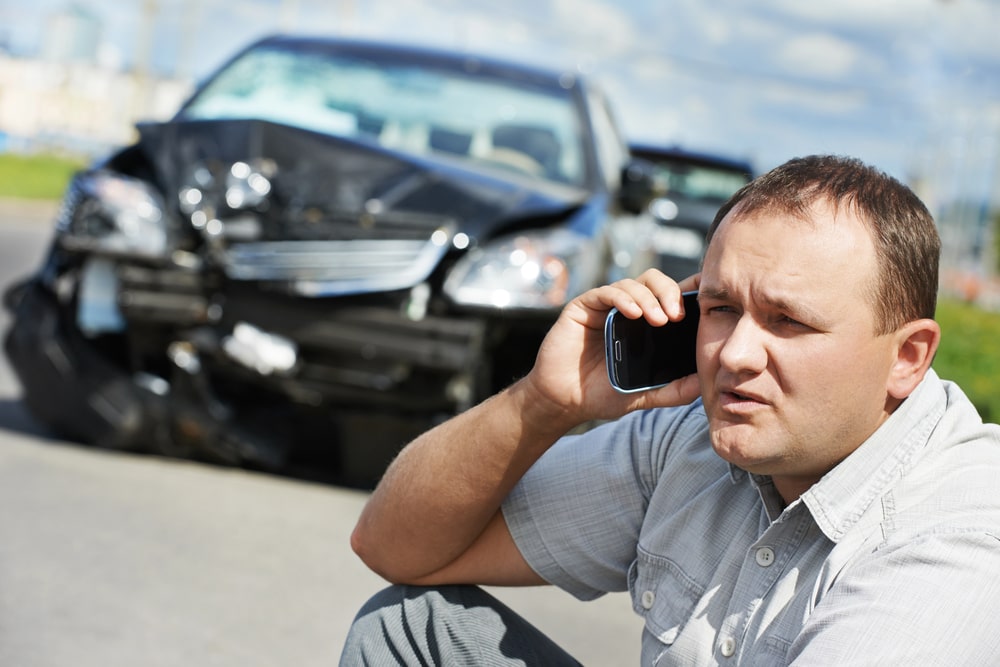 Getting into a car accident is something none of us plan for—but when it happens, what you do next matters. Whether you’re an individual, a family, or a business owner, protecting your rights and building a strong injury claim begins immediately after the crash. From preserving evidence to securing proper legal support, each step can make a significant difference in the outcome of your case.
Getting into a car accident is something none of us plan for—but when it happens, what you do next matters. Whether you’re an individual, a family, or a business owner, protecting your rights and building a strong injury claim begins immediately after the crash. From preserving evidence to securing proper legal support, each step can make a significant difference in the outcome of your case.
This article walks you through the essential actions to take after a car accident to safeguard your legal and financial interests.
1. Prioritize Safety and Assess Injuries
The very first priority is health and safety. Check for injuries—yours, your passengers’, and those in other vehicles. If anyone is hurt, call 911 immediately.
Even if injuries appear minor, it’s essential to seek medical attention. Some injuries, like soft tissue trauma or concussions, may not present symptoms right away. Having a medical evaluation not only protects your health—it creates documentation that supports your injury claim.
If your vehicle is drivable and it's safe to do so, move it to the side of the road and turn on your hazard lights.
2. Contact Law Enforcement
Even in seemingly minor accidents, it’s critical to involve the police. In many states, you’re legally required to report accidents involving injury, death, or significant property damage.
When the officer arrives, explain the facts calmly. The officer will file a report documenting:
The time and location of the crash
Road and weather conditions
Witness statements
Observations on potential fault
Request instructions on how to obtain a copy of the police report. It will serve as foundational evidence for your legal case.
3. Document the Scene Carefully
If you’re able, gather as much evidence as possible. Use your smartphone or a checklist app to collect:
Photos of all vehicles, taken from multiple angles
Damage to surrounding property, signs, and road conditions
License plates and visible injuries
Any relevant traffic signage or signals
Be sure to also record:
Names and contact information of other drivers
Insurance details
Eyewitness names and phone numbers
Avoid admitting fault or making apologetic statements. These can be misinterpreted later.
4. Exchange Information Securely
Swap the following details with the other driver(s):
Full name and contact number
Driver’s license and vehicle registration
Insurance company and policy number
Vehicle make, model, and plate number
Use your notes app or a secure document storage app to keep this information organized and accessible.
5. Notify Your Insurance Provider Promptly
Contact your insurance company soon after the accident. Be factual and brief. If you’re unsure of specific details, it’s okay to say so. You should also avoid making any recorded statements before consulting legal counsel.
Let them know you’ve retained or are seeking representation. Insurers are skilled at limiting payouts, so protect yourself by ensuring all communications are documented.
6. Seek Immediate Medical Care
Don’t skip this. Even if you feel fine, get evaluated by a healthcare provider. This protects your well-being and builds a paper trail for your claim.
Keep copies of:
Doctor’s notes
Medical imaging results
Prescriptions
Treatment recommendations
Delayed treatment can weaken your claim and may give insurers cause to reduce your settlement.
7. Consult an Experienced Personal Injury Attorney
Before signing anything or engaging with an insurance adjuster, speak to a personal injury attorney with a proven track record of representing individuals and organizations.
An attorney can:
Assess the value of your case
Negotiate with insurance providers
Handle all legal paperwork and timelines
Ensure your rights are protected
Most personal injury lawyers offer free consultations and work on a contingency basis, meaning you don’t pay unless they win your case.
8. Maintain a Thorough Documentation File
Organize everything related to your accident in one place:
Police report
Medical bills and treatment records
Pay stubs showing lost income
Repair estimates and receipts
Written communications with insurance companies
Consider using a legal portal or encrypted cloud storage service for secure, accessible file management.
9. Be Cautious on Social Media
Do not post about your accident, injuries, or recovery online. Insurance investigators often review social media accounts, and even a seemingly harmless update could be used to downplay your claim.
When in doubt, pause your accounts or set them to private until your case is resolved.
10. Follow Through on Medical Care and Instructions
Attend all scheduled appointments and follow your doctor’s recommendations. Gaps in treatment can suggest that your injuries aren’t serious, which insurers may use to dispute your claim.
Commitment to recovery not only benefits your health—it reinforces the legitimacy of your legal claim.
After a car accident, the actions you take matter. Protecting your injury claim means taking timely, informed steps—getting medical help, documenting the scene, consulting an attorney, and keeping organized records. Whether you’re an individual, a family member, or a business owner, staying proactive and supported by legal counsel can make all the difference.